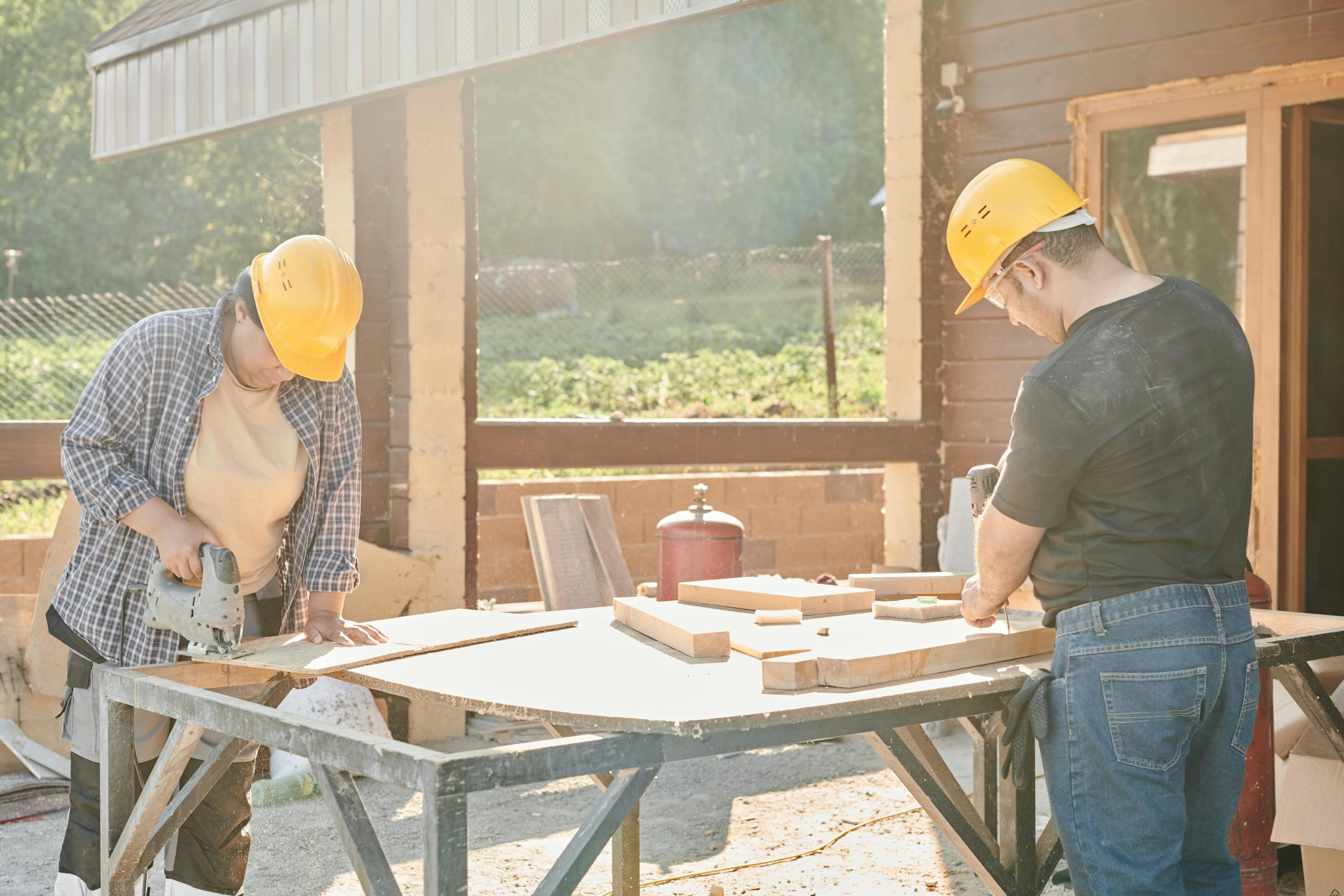Daily labor in blue-collar jobs entails significant physical effort, long hours, and repetitive tasks. You find yourself in different environments each day, some of which can secretly harm your health. Machinery, equipment, and tools pose danger to your hands, eyes, and lungs. Stress, exhaustion, and uncertainty can weigh heavily on your mind. Stress creeps in quietly, but it is not negligible. Being educated about such issues can make an enormous difference in the long term. Small adjustments in safety standards and health care can improve your work life and help you reach your goals.
Physical Strain and Injuries
Blue-collar jobs call for physical fitness, but the price can be awkward. Lifting heavy things can soon lead to back pain when you do not employ proper techniques. Many jobs involve using the same hand or arm over and over again. This can result in tendonitis or carpal tunnel syndrome and joint issues. Stamina decreases through exposure to long hours and demanding shifts. Accidents such as tripping, falling, or dropping things are frequent and can cause а terrible trauma. As you age, recovery takes а longer time and you become more vulnerable to new injuries. You need to be aware of such issues and seek help early to remain active and mobile.
Breathing and Environmental Hazards
Working in а dusty environment can seriously harm your lungs. You might not think much of it, but prolonged exposure to dust or fumes can cause long-term breathing problems and even lung disease. Often, you work in workplaces with inadequate ventilation. This makes the situation worse. Certain chemicals present in cleaning materials or coatings can also be а harmful risk when inhaled or come into contact with you. Exposure to these hazards can leave you coughing or short of breath. You must ensure that you use all safety equipment, especially the masks that are а perfect fit. Your lungs would appreciate it if you performed these little activities every day.
Tools, Machines, and Daily Tasks
Using power tools and machines is an integral part of blue-collar jobs, but the use of such tools is accompanied by certain risks. Equipment sometimes used in deburring tasks can expose you to metal particles. You might unknowingly breathe in smoke or sparks produced during grinding and deburring. Long-term use of these tools can cause а range of serious hand and wrist problems. Operating such tools requires constant focus to avoid accidents. Be careful with your hand movements, respect proper tool use guidelines, and wear suitable protective equipment to minimize hazardous risks during daily operations. Safety should always be your top priority with any tool.
Mental and Emotional Health Risks
It is easy to forget how work impacts your mental and emotional health when working blue-collar jobs. You are forever trying to meet targets and overcome failed deadlines, leading to chronic stress. The physical demands of а job often cause exhaustion that never seems to go away. Furthermore, the uncertainty of employment leaves you and your family tense. Having to think about your daily safety is also stressful every day. All this stress can lead to anxiety and depression if you are not careful. Maintain routine consultations and talks with friends, and balance work by immersing yourself in family or hobbies outside of the job.
Long-Term Health Concerns
You might not realize it, but many problems that you could face years down the line have their origin in today’s blue-collar jobs. The physical stress can leave you with chronic pain and problems like back pain that simply do not go away. Your heart is also at risk from constant stress and unhealthy working conditions. Regular night shifts can lead you to lose sleep and might even end up causing metabolic issues later on. Your work may not seem harmful now, but over time, long hours and lack of self-care take а heavy toll on your body. Early diagnosis can assist in managing these risks.
Conclusion
Blue-collar jobs yield pride but also inherent hazards. It is high time to take subtle steps in rethinking your work habits. Asking for help early, using proper lifting tactics, or taking the occasional break can safeguard you significantly. Small changes such as taking breaks and wearing protective gear can eventually accumulate to create a safer work atmosphere. Your body is key to your work well-being, so tuning yourself to its signals can enable early action. When you protect your body today, you avoid putting your tomorrow in an uncertain future. With small improvements in safety and awareness, you can take а step toward a healthier future and reduce strain on your body.


